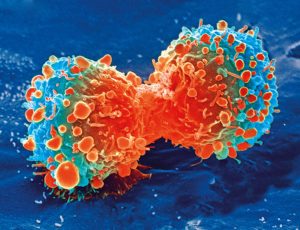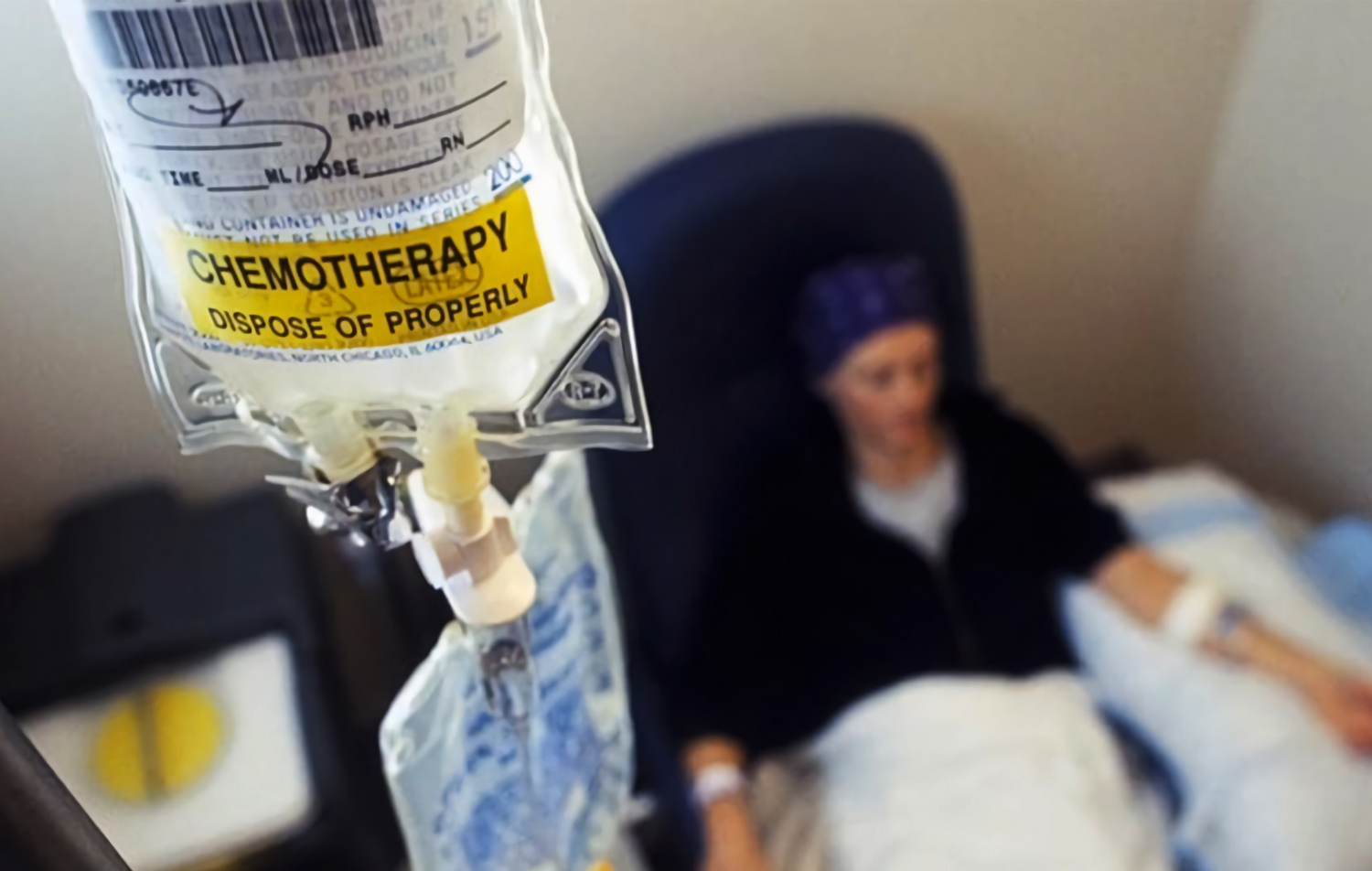There are many prognostic factors that influence survival (in advanced stages) such as: the general condition of the patient, chest pain, dyspnea, thrombocytosis (platelets> 400,000), weight loss, high LDH (> 500) IU / l), pleural involvement, (in comparison with pericardium or peritoneum), anemia, leukocytosis, age over 75 years, and so on.
The treatment of mesothelioma depends on the stage in which the disease is found, and it can be said that there are no standard treatments due to the scarcity of its incidence.
Chemotherapy obtains between 10 and 20% of responses in monotherapy.
 The agents used are the platinums (cis or carboplatin), the anthracyclines (adriamycin) and the antimetabolites (pemetrexed). In polychemotherapy schemes, the responses are higher (up to 48%). The most active scheme is cisplatin-pemetrexed, so it can be considered the standard treatment in unresectable disease. Another drug very to consider in combination with platinum (even with oxaliplatin) is the raltitrexed.
The agents used are the platinums (cis or carboplatin), the anthracyclines (adriamycin) and the antimetabolites (pemetrexed). In polychemotherapy schemes, the responses are higher (up to 48%). The most active scheme is cisplatin-pemetrexed, so it can be considered the standard treatment in unresectable disease. Another drug very to consider in combination with platinum (even with oxaliplatin) is the raltitrexed.
Although mesothelioma is a radiosensitive tumor, radiotherapy indications are limited due to proximity to the heart, esophagus, liver and spinal cord (more radiosensitive structures).
It can be used in:
- Prophylactic radiotherapy in the place of the biopsy or puncture, to avoid tumor dissemination.
- Palliative radiotherapy: relieves pain in 50% of patients, without affecting survival.
- Adjuvant (complementary) radiotherapy with or without chemotherapy.
Learn more about your health and well-being at Pharmamedic.






